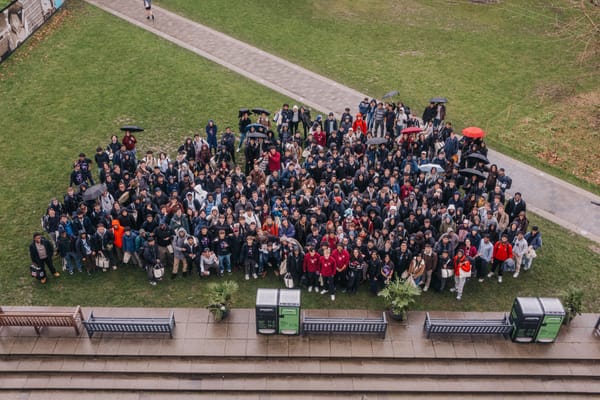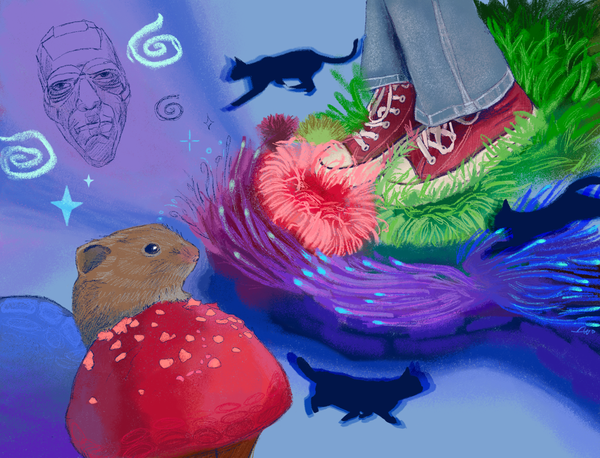Slicing through the fat: fighting against diabetes
How we can combat one of the growing health risks of our time.
Too many of us remain attached to electronic devices, hoodwinked into thinking that we are the exception to injury or disease. With increasingly captivating online entertainment facilities, high calorie food, and a huge swell of procrastination, the 21st Century has vastly altered the human health paradigm. This environment is the perfect breeding ground for diabetes to develop.
Diagnosis of diabetes has more than doubled since 1996. Type I diabetes is caused from a total lack of pancreatic-insulin production, while type II diabetes stems from decreased insulin production or insulin insensitivity in other cells. Insulin is responsible for signalling glucose uptake from the bloodstream and storing it as glycogen. Dysregulation of insulin production leads to disrupted blood-glucose control as glucose remains in circulation, unable to enter the cells and leading to a whole host of problems, such as inflammation. Historically the disease has always been thought of as chronic, progressive, and irreversible. However, the promise of a cure for type II diabetes seems tantalisingly close at hand.
“The science is simple – by reorganising the digestive system to shorten the GI tract, fewer nutrients will be absorbed”
Biliopancreatic diversion has been a common surgical treatment for obesity since the 1920s. The science is simple – by reorganising the digestive system to shorten the route food takes through the gastrointestinal (GI) tract, fewer nutrients will be absorbed by the blood. However, it is only recently that its impact on reducing diabetes has been noted. Amazingly, clinical trials conducted on hundreds of patients in the last few decades reveal that GI surgery is the most effective method of combating diabetes: Professor Francesco Rubino and colleagues at King’s College London reported 89% of treated people where managing the disease through diet and exercise alone – without the need for any further therapy!
These incredible results have been narrowed down to five phenomena:
- Hunger-inducing hormones, such as Ghrelin, which are primarily produced in the GI tract, are unable to exert an effect to the same degree due to reduced concentrations.
- Surgery raises circulating bile acid concentrations, which helps to increase the breakdown of lipids and glucose in cells and thus dampen down prolonged blood-glucose spikes.
- The microbiome (the population of microorganisms that live in your gut) is also affected, reducing inflammation and increasing insulin sensitivity.
- Increased sensitivity of the mechanism by which the gut detects changes in glucose concentrations and relays information to the brain for the suppression of glucose production in the liver allows the vagus nerve to stop gluconeogenesis earlier.
- Finally, glucose transporters in the intestinal lining are responsible for glucose uptake having decreased activity. These transporters require sodium to transport glucose into the cell. Surgery bypasses the primary sodium sources in the digestive system (e.g. from pancreatic juices) resulting in lowered glucose uptake.
Further research is underway to identify if other mechanisms remain hidden away, although the effectiveness of the treatment has already been noticed. In 2016, 45 medical societies enlisted GI surgery as the standard diabetic treatment, laying the groundwork for crucial steps forward in opposing type II diabetes and obesity.








